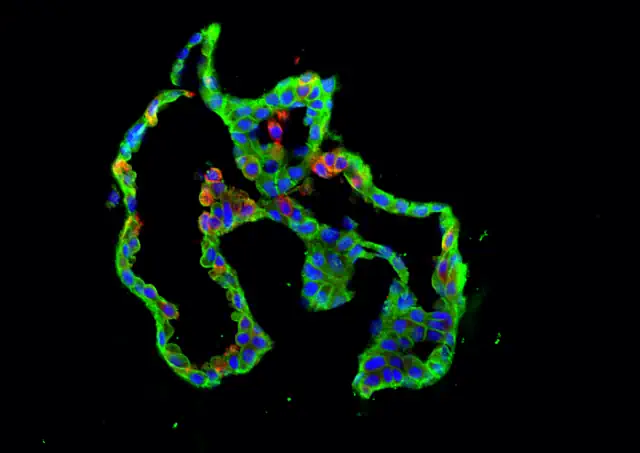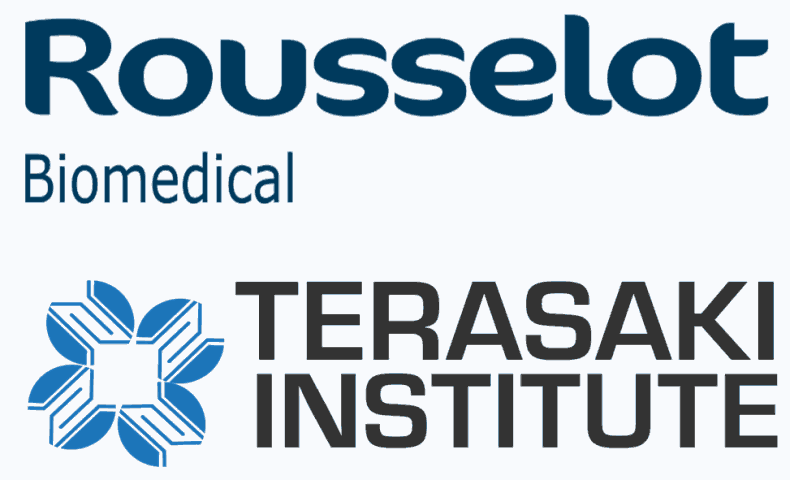May 3, 2022
(LOS ANGELES) – Just mentioning a ruptured Achilles tendon would make anyone wince. Tendon injuries are well known for their lengthy, difficult and often incomplete healing processes. Sudden or repetitive motion, experienced by athletes and factory workers, for example, increases the risk of tears or ruptures in the tendons; thirty percent of all people will have a tendon injury, with the risk being highest in women. What’s more, those who suffer from these injuries are more prone to further injuries at the site or never recover fully.
News
News
Flexible, antibacterial conductive hydrogel-ePatch enables personalized, high efficiency wound treatment
April 19, 2022
(LOS ANGELES) – There are myriad ways in which people can experience physical wounds – from minor scrapes and abrasions to the effects of surgery, critical injuries, burns and other major traumas. The healing process for these wounds can also vary among individuals and may be adversely affected by underlying health conditions such as vascular insufficiencies, diabetes, obesity and advanced age. In severe cases, abnormal wound healing processes can result in chronic wounds, a condition which can dramatically affect mobility, quality of life and healthcare costs.
March 24, 2022
(LOS ANGELES) – In chemotherapeutic treatment of localized malignant tumors, it is desirable to administer targeted, controlled delivery of anti-tumor drugs. As these tumors are known to exist in an acidic environment, it is also desirable that these delivery methods be responsive to pH and that the drugs are released in a pH-dependent manner.
March 23, 2022
(LOS ANGELES) – The Terasaki Institute for Biomedical Innovation (TIBI) is pleased to announce the addition of Nazli Azimi, Pharm.D., Ph.D., to its Leadership Board. Until its recent acquisition by Equillium Inc, Dr. Azimi was the Founder and Chief Executive Officer of Bioniz Therapeutics, Inc., and co-inventor of its platform technology that was focused on developing novel therapies for treating immune system diseases and cancer.
February 21, 2022
(LOS ANGELES) – Vadim Jucaud, Ph.D., Assistant Professor at the Terasaki Institute for Biomedical Innovation (TIBI), has been awarded an Early Career Investigator grant from METAvivor. This volunteer-led, non-profit organization supports vital research to benefit stage IV metastatic breast cancer (mBC) patients. METAvivor is dedicated to improving the longevity and quality of life of these patients and is the only organization in the United States that annually funds this type of research. The grant will fund a project titled
“Microengineered Approach to Develop Personalized Monoclonal Antibodies for Metastatic Breast Cancer Treatment.”
February 20, 2022
(LOS ANGELES) – In 1900, David Hilbert, a German Mathematician, developed a list of “mathematical problems” that had gone unsolved. He presented this list to an international society of mathematicians, which created a focus on the energy, time, and funding to solve these problems. In essence, the concept of Grand Challenges was born.
TumSince then, this idea of catalyzing communities of researchers to focus on the most challenging problems facing their respective fields has blossomed on an international scale. Nearly every foundation, academic institution, government, and even some private industry groups have used the Grand Challenges process to stimulate new ideas and galvanize their members to focus on these intractable issues.
Scientists delineate process which drives tumor formation by Kras oncogenes
February 8, 2022
(LOS ANGELES) – Cancerous tumors are made up of rapidly growing, abnormally shaped, cells that can infiltrate and destroy healthy tissues, travel to other parts of the body, and form additional tumors. In part because of its rapid and invasive nature, cancer remains the second leading cause of death in the United States and a major cause of death worldwide.
Tumor formation is often driven by genes called oncogenes, which are usually involved in the normal processes of cell growth, proliferation, and death. But they can also mutate and be expressed at high levels, which can drive the multiplication of cancerous cells.
January 12, 2022
(LOS ANGELES) – The Terasaki Institute for Biomedical Innovation (TIBI), a non-profit multidisciplinary bioengineering research institution, announces their partnership with Darling Ingredients’ health brand, Rousselot®, the world leader in collagen-based solutions, with more than 130 years of gelatin and collagen expertise.
With their long-standing experience in tissue engineering and regeneration, bio-fabrication using 3D printing and engineering micro- and nano-scale medical devices, TIBI has relied heavily on the use of modified and functionalized gelatin biomaterials for their research and experimentation. In doing so, they have developed valuable insights into gelatin’s behavior and have used this knowledge to optimize and tune gelatin biomaterials for various biomedical applications.
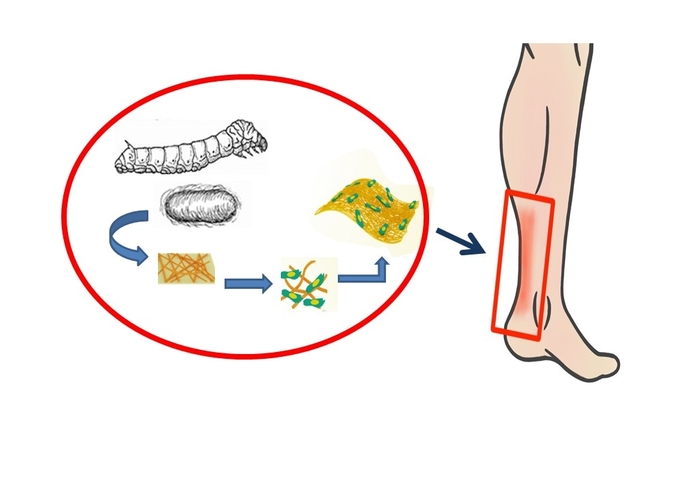
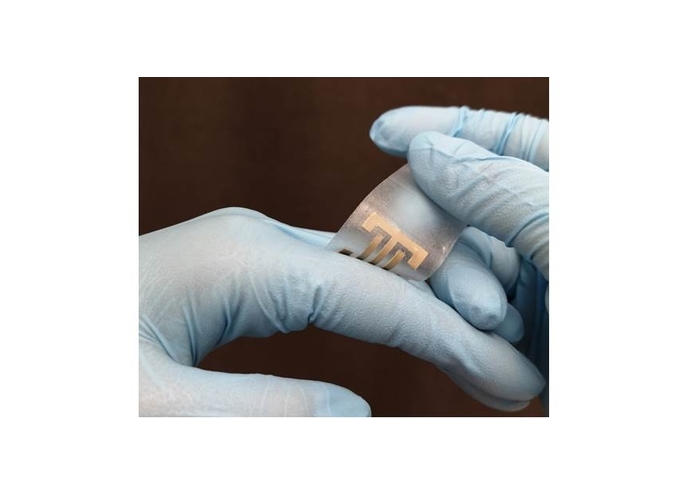
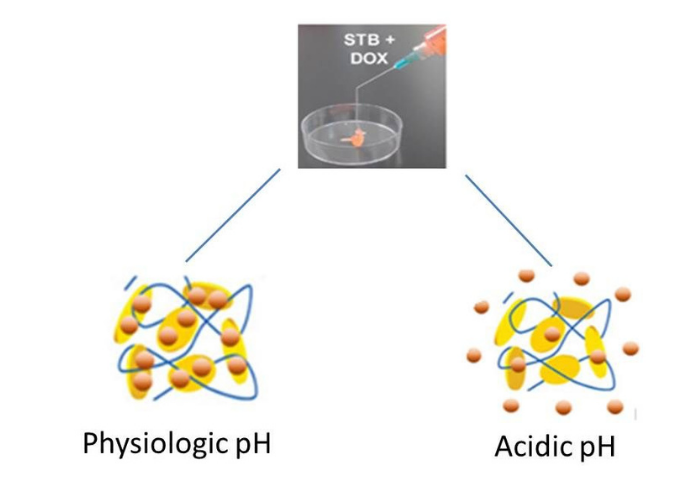

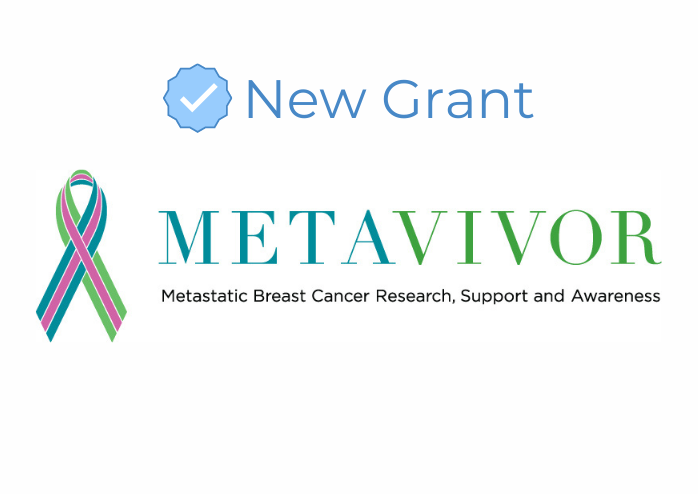
.png)
